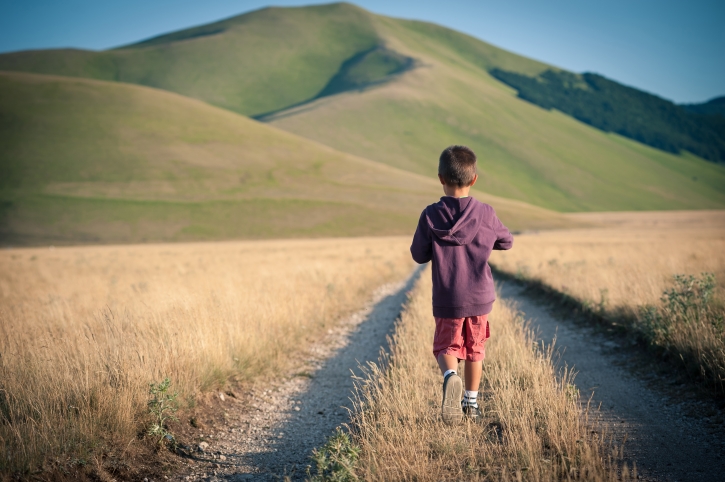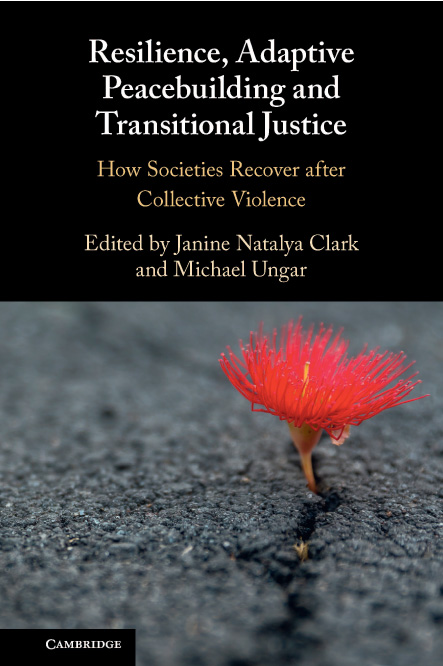About Us
Guiding the world in resilience research
Led by Dr. Michael Ungar, the Resilience Research Centre has collaborated with local, national and international institutions for more than 15 years to carry out innovative research that explores pathways to resilience across cultures. That work focuses on explaining how children, youth and adults thrive in family, school, workplace and community settings under stress. The Centre also provides resilience measurement tools and training in the form of workshops and conferences. Through its partnerships with researchers, policymakers and clinicians around the globe, the Centre has built a world-renowned resource hub of resilience expertise and tools to support individuals and communities on their path to psychological, social, cultural and physical well-being.
What is Resilience?
Most commonly, the term has come to mean an individual’s ability to overcome adversity and continue his or her normal development. However, the RRC uses a more ecological and culturally sensitive definition. Dr. Michael Ungar, Co-Director of the RRC, has suggested that resilience is better understood as follows:
“In the context of exposure to significant adversity, resilience is both the capacity of individuals to navigate their way to the psychological, social, cultural, and physical resources that sustain their well-being, and their capacity individually and collectively to negotiate for these resources to be provided in culturally meaningful ways.”
This definition shifts our understanding of resilience from an individual concept, popular with western-trained researchers and human services providers, to a more relational understanding of well-being embedded in a social-ecological framework. Understood this way, resilience requires individuals have the capacity to find resources that bolster well-being, while also emphasizing that it’s up to families, communities and governments to provide these resources in ways individuals value. In this sense, resilience is the result of both successful navigation to resources and negotiation for resources to be provided in meaningful ways.
What is Resilience Research?
Research involving children, youth and families looks at the health-enhancing capacities, individual, family and community resources, and developmental pathways of vulnerable children and youth, who against all odds, manage not only to survive unhealthy environments, but thrive. We support both quantitative and qualitative research, with an emphasis on mixed methods designs that favour understanding resilience as a culturally and contextually embedded construct.

Our Approach
The RRC views resilience from a socio-ecological approach. Our definition reflects a more pluralistic understanding of the phenomena; where we cannot only focus on youth themselves, but have to account for the relationships that surround them; the communities in which they find themselves and the resources made available to them there. As well as the larger life worlds that effect the allocation of resources to communities, and the impact of global political economies on the wellbeing of families and communities. In this way, our understanding of resilience becomes a collective one.
Furthermore, we need to consider the interactions between the various players, and the capacity of youth and especially those that surround them, their broader communities, to negotiate for resources. In this way, our understanding shifts from a static state to one of processes and flux.
Finally, we need to understand the role of culture and context in these collective processes. Consideration of culture and context raises important questions regarding the appropriateness and relevance of resources, responses and interventions, and perhaps most importantly, in how we define health and doing well. In this way, our understanding of resilience is ultimately contextually and culturally bound.














